Recap:
In my previous Blog FOUNDATION OF MUSLIM LEAGUE (part 2), I told u about the Aftermath of the uprising of 1857. About Sir Syed Ahmad Khan and Queen Victoria. In my previous blog i was Talking about the Early Muslim Organization. Now Here the Story continue....
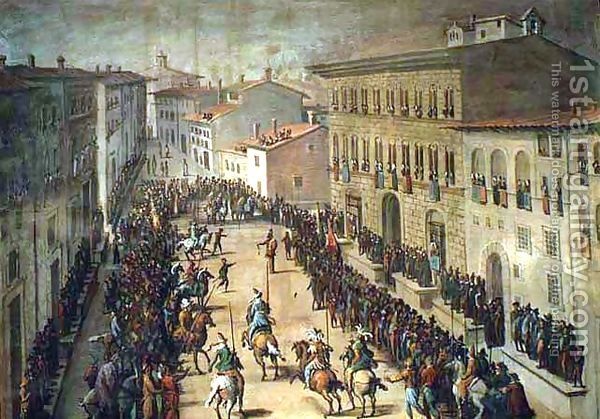
Early Muslim Organization (part 2)
On February 6,1882 , the Association presented a comprehensive Memorial to Lord Rippon, Victory and Governor-General of India, calling attention to the causes which led to the decadence and ruin of the Mohammedans in India, and to the circumstances which tended to perpetuate that condition.
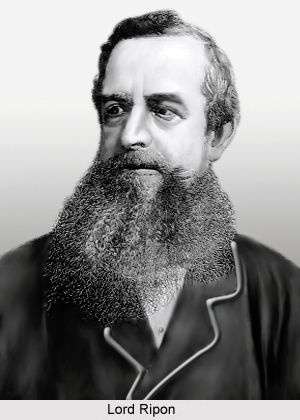
Lord Rippon
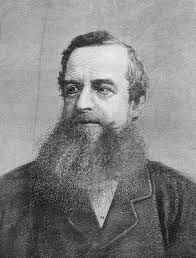
Lord Rippon
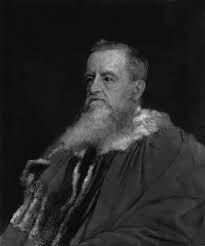
Lord Rippon
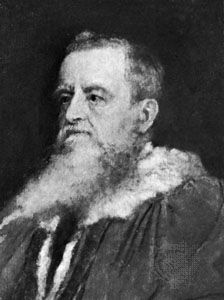
Lord Rippon
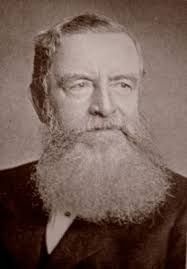
Lord Rippon
Javed Chaudhry on Lord Rippon (Urdu Language)
In 1887 an attempt was made by the Association to convene a conference of Muslims in the Sub-continent. As objections were raised to this proposal from certain quarters, on January 9, 1888, Syed Ameer Ali sent the following letter-to Mr. Tyabji and other prominent Musalmans:
In continuation of my letter No.456, dated the 28th November 1887, 1 have the honour to inform you that in consequence of certain erroneous impressions prevailing in some quarters as to the scope and object of the proposed conference of Mohammedans, it is considered necessary by the Committee of the Central Association to address to you and other well-wishers of the Musalman community the following observations. You cannot be unaware of the state of utter disintegration into which Musalman society in India has fallen within the last half century, nor of the baneful results which have followed from it and their general poverty. The absence of unanimity and cohesion in general questions of public policy and the entire neglect of all idea of self-help add to the difficulties of their situation. The conference does not propose to discuss high politics. The programme which we have set before us is extremely moderate and suited to our own progress. As a gathering of cultivated Muslims from all over India, its social and moral effect will, it is hoped, be of incalculable benefit. It must be remembered that the real advancement of our people lies in the future, and as nothing can be built without a foundation, we hope by this conference to give shape to our aspirations and lay the foundation-stone of future good.
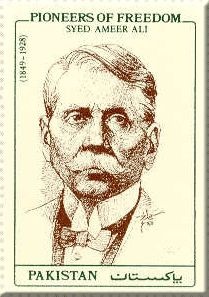
Syed Ameer Ali
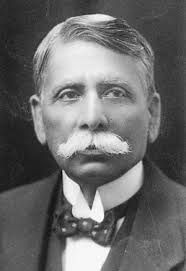
Syed Ameer Ali
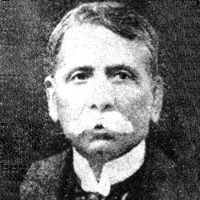
Syed Ameer Ali
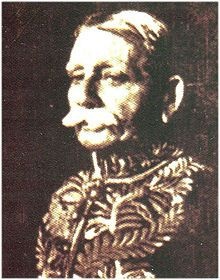
Syed Ameer Ali
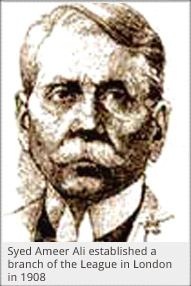
Syed Ameer Ali
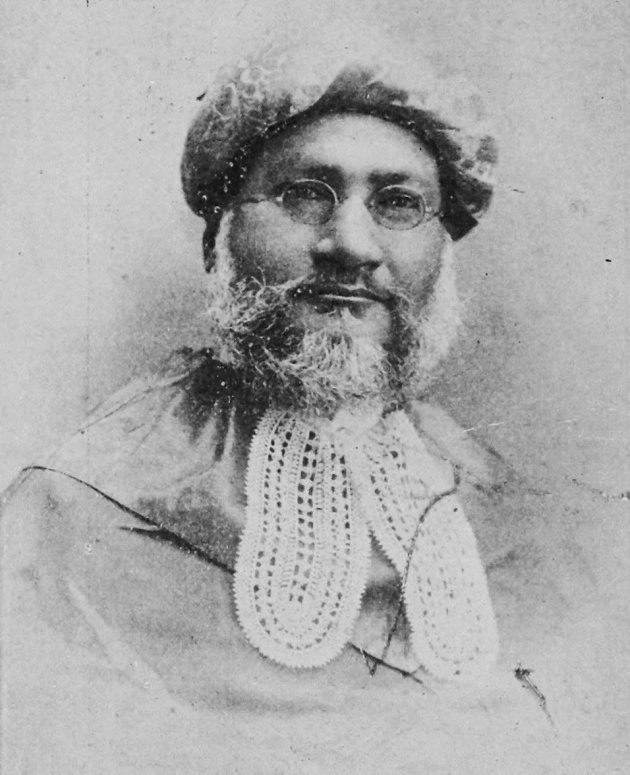
Badruddin Tayabji
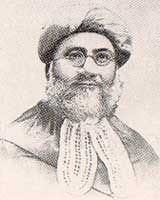
Badruddin Tayabji
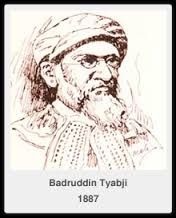
Badruddin Tayabji
In proposing this conference, we have not been actuated by any spirit of rivalry towards our Hindu compatriots. It is our anxious desire to work in sympathy with Government and all classes of her Majesty's subjects. Our main object is to bring about some degree of solidarity among the disintegrated masses of Mohammedan society; to reconcile in some measure the conflicting aims and objects of different sections and parties; to introduce some amount of harmony among the discordant and jarring elements of which the Musalman educated classes are composed; to devise some means of self-help for Mohammedan advancement and lean less upon Government patronage. to give a real impetus to the process of self-development perceptibly going on among our community; to safeguard our legitimate and constitutional interests wider the British Government; to become the exponent of the views and aspirations of educated Mohammedan India; and to serve as the means of reconciliation between our Hindu fellow-subjects and our own community. It seems to us that no right minded Mohammedan or Hindu can object to this unpretentious programme. We think that the least endeavour in the direction indicated will not be without its value, that the very intermixture of cultivated Musalmans will exercise a most beneficial effect upon Mohammedan India and prove the groundwork of substantial progress.
Had the plan of convening the conference matured, the history of the Muslim League would have been anticipated 20 years earlier.
. In 1883 the Aligarh leaders had formed a Mohammedan Political Association with a view to protect Muslim political interests. Sir Syed Ahmed Khan was the Secretary of the Managing Committee of the Association, of which Government officials could not become members. Among others, its objects were:
(a) to make efforts for the material advancement of the Muslims, and
(b) to represent before the British Government in India legitimate Mohammedan interests, rights and requirements.
Indian National Congress
Allan Octavian Hume, a retired British civil servant, was the father and founder of the Indian National Congress. Hume had conceived the idea that it would be of great advantage to the country if leading Indian politicians could be brought together once a year to discuss social matters. It was at the instance of Lord Dufferin that the body was given the form of a political association. Mr. W C Bonnerjee, the first President of the Congress, has disclosed that "the Indian National Congress, as it was originally started and as it has since been carried on, is in reality the work of the Marquess of Dufferin and Ave when that nobleman was the Governor-General of India. Lord Dufferin, in giving his blessings had made it a condition with Mr. Hume that his name in connection with the scheme of the Congress should not be divulged so long as he remained in the country, and his condition was faithfully maintained and none but the men consulted by Mr. Hume knew anything about the matter". Bonnerjee's version is corroborated by Wedderbum, the biographer of Hume.
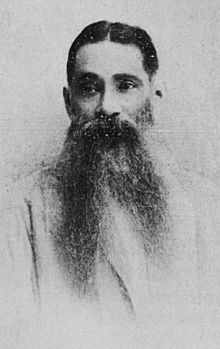
W C Bonnerjee
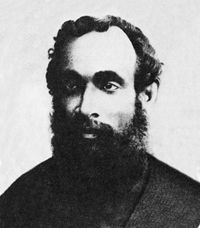
W C Bonnerjee
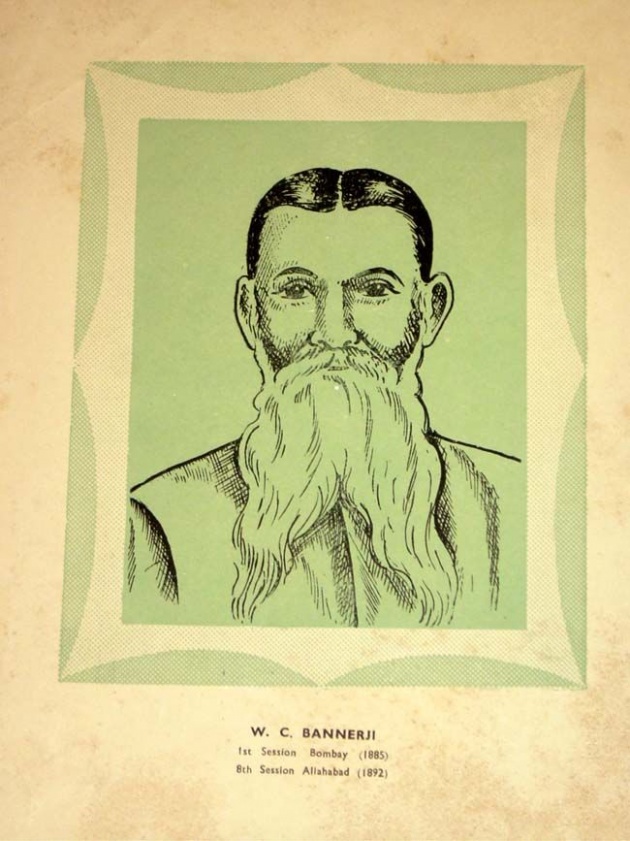
W C Bonnerjee
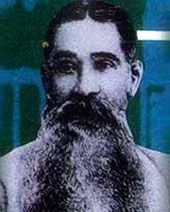
W C Bonnerjee
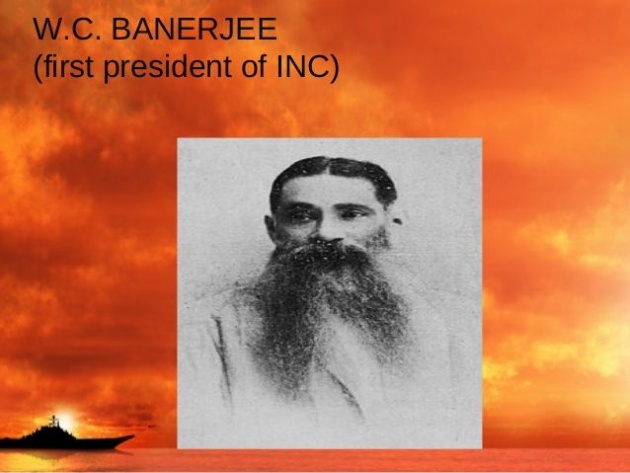
W C Bonnerjee
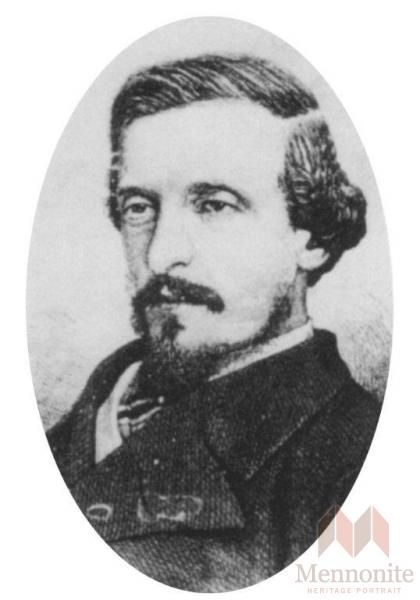
Lord Dufferin
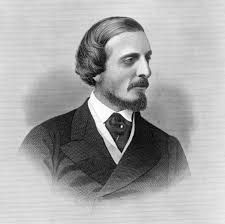
Lord Dufferin
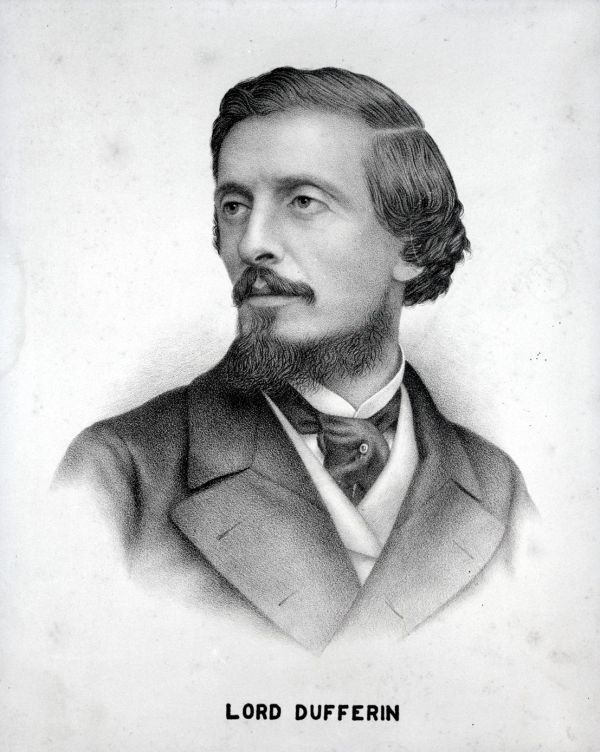
Lord Dufferin
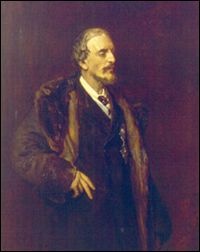
Lord Dufferin
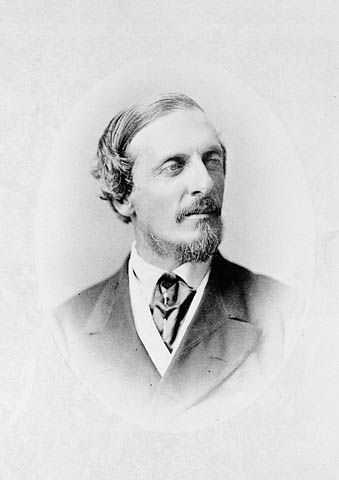
Lord Dufferin
Strangely enough- Lord Dufferin Story
The first session of the Congress was held at Bombay on 'December 28, 1889. Mr. B.C. Pal has put it on record that some of the most prominent weathers of the First Congress Session deliberately kept Surrendranath Bannerjea out of it. Bannerjea's dismissal from the Indian Civil Service and his imprisonment during the Ilbert Bill controversy were a record which the ultra-cautious organizers of the first Congress did not favour.
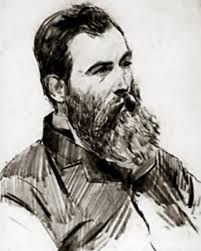
Ilbert Bill
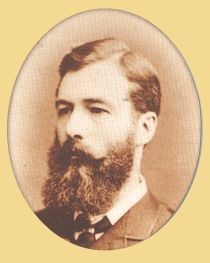
Ilbert Bill
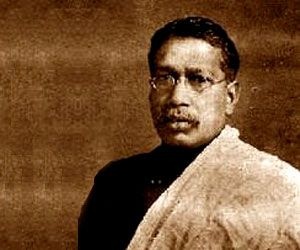
Mr. B.C. Pal
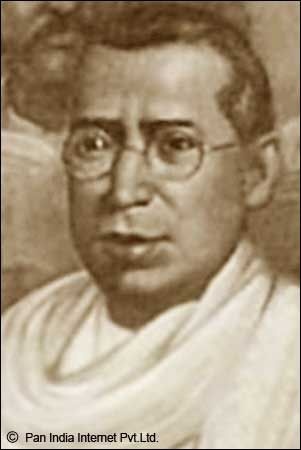
Mr. B.C. Pal
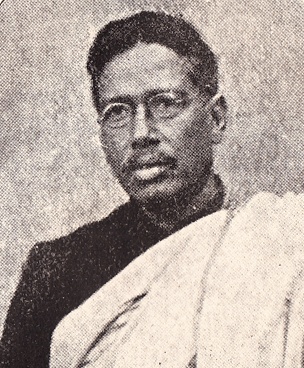
Mr. B.C. Pal
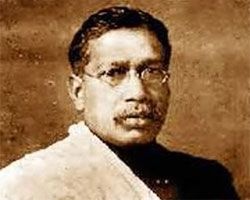
Mr. B.C. Pal
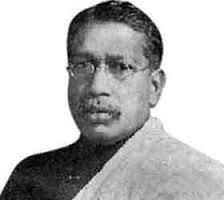
Mr. B.C. Pal
B C Pal
B C Pal
In fact it was even seriously suggested that Lord Reay, the Governor of Bombay, should preside over the first Congress session. The Congressites were delighted when Dufferin gave a garden party to the delegates of the Second Congress Session, met some 20 of them at a private interview, and desired to talk to the president separately. Lord Connemara, the Governor of Madras, also entertained the delegates of the Third Congress Session at a garden party. The Governor then reported that the Congress leaders seemed a 'very loyal and harmless set of people, and the Viceroy agreed. In the third Congress Session, the Chairman of the Reception Committee, Raja Sir T. Madhava Rao, had himself declared that the Congress was a "triumph of British Administration. Lala Lajpat Rai, in his autobiography, regarded the Congress as an Anglicized organization. Early Congressmen were loud in the professions of loyalty to the British and repeatedly claimed that the Congress its existence to the British influence in the country. Englishmen were the presidents of some early Congress sessions—Wlliam Wedderburn in 1889. Alfred Webb in 1894, and Sir Henry Cotton in 1904.
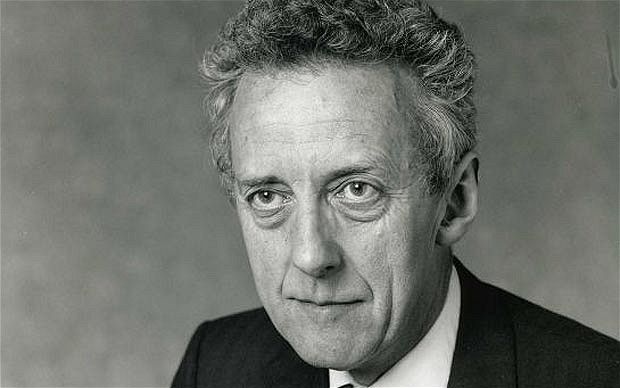
Lord Reay
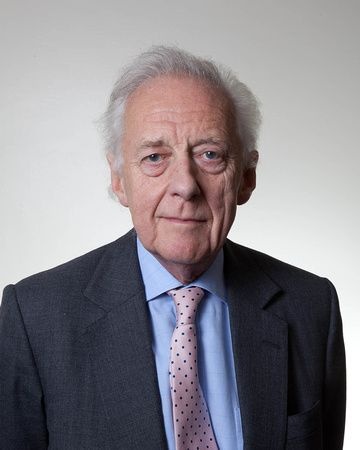
Lord Reay
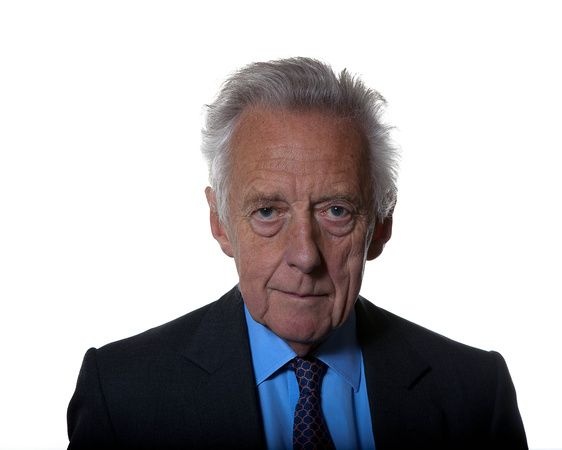
Lord Reay

Lord Reay

Lord Reay
Lord Reay's wedding
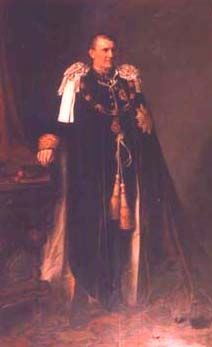
Lord Connemara
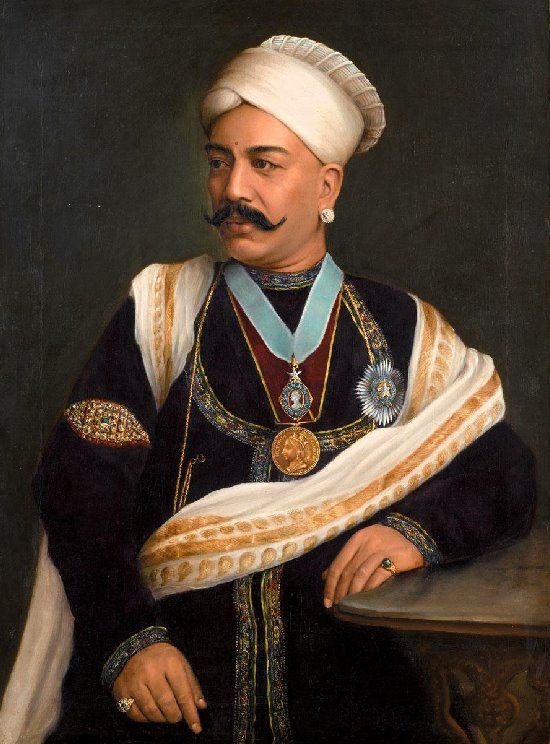
Raja Sir T. Madhava Rao
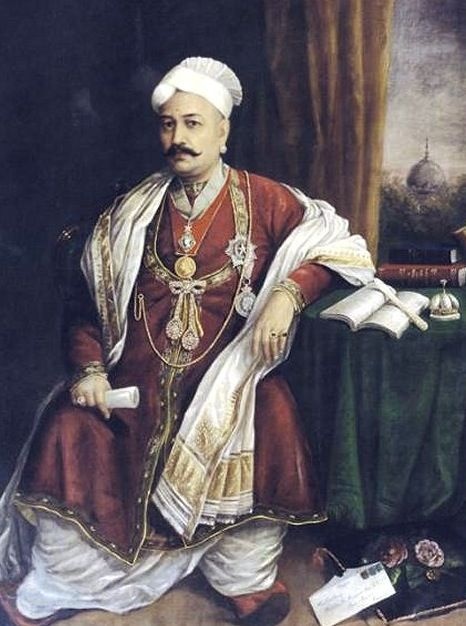
Raja Sir T. Madhava Rao
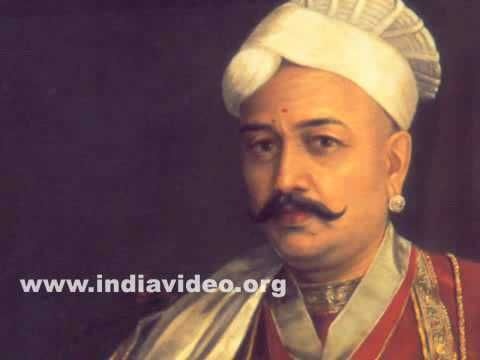
Raja Sir T. Madhava Rao
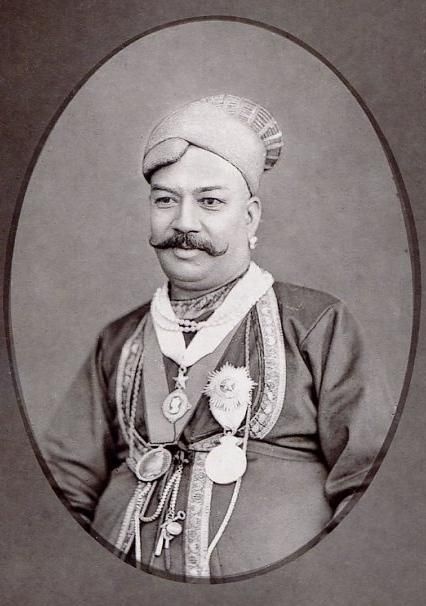
Raja Sir T. Madhava Rao
Sir T. Madhav Rao Dewan of Baroda
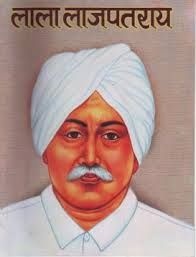
Lala Lajpat Rai
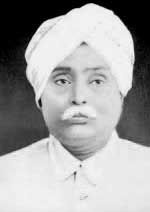
Lala Lajpat Rai
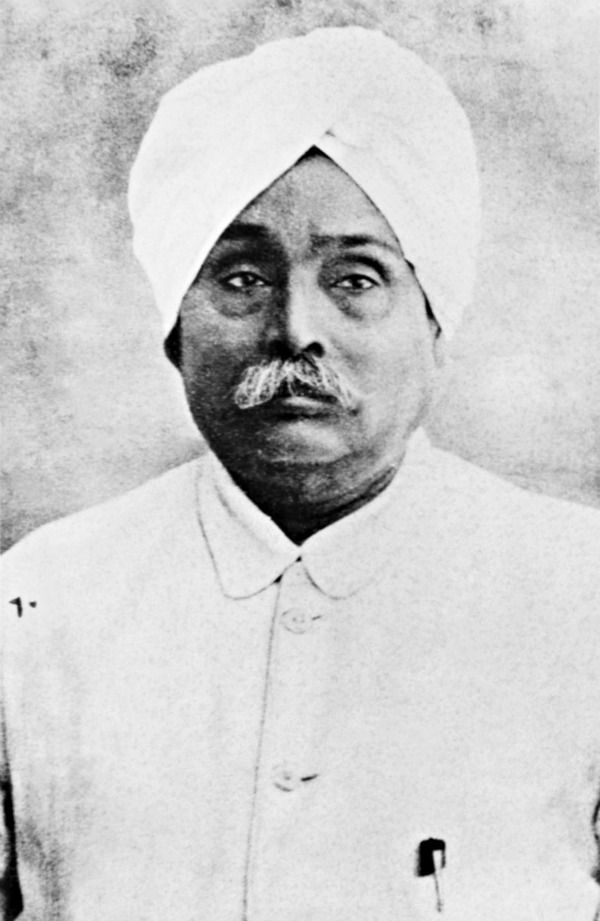
Lala Lajpat Rai
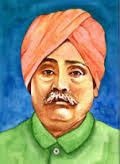
Lala Lajpat Rai
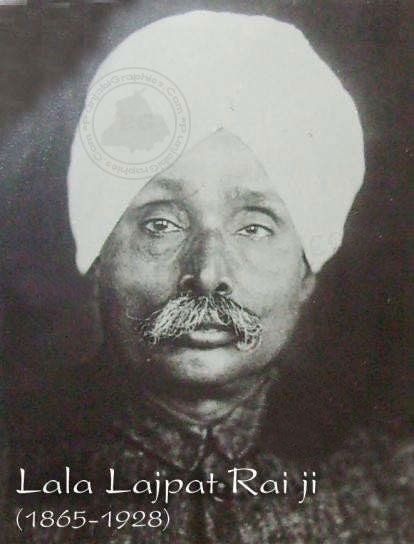
Lala Lajpat Rai
Lala Lajpat Rai
Muslims and the Congress
In the First Congress Session, of the 72 delegates attending only two were Muslims, Mr. NI.R. Sayani and Mr A.M. Dliaranisi The absence of Muslims was noticed by the British and the Indian press. The Myles Weekly Edition of February 5. 1886, reported, Only one great race was conspicuous by its absence. The Mohammedans of India were not there. Not only in their religion but in their schools and almost all their colleges they maintain an almost haughty reserve. The reason is not hard to find. They cannot forget that less than two centuries ago they were the dominant race.
The Central Mohammedan Association was one of the organizers of the first session of the Indian National Congress held in 1885. Ameer Ali had said
"We were fully convinced that the aim of the forthcoming Congress is to promote measures which. it is considered, will tend to the amelioration of the condition of the people of India, and we would greatly regret to do anything which would have even the appearance of withholding from such a worthy object any support which our co-operation might give."
But the Association withdrew its support from the Second Congress ,Session held at Calcutta. The Association's Executive Committee explained the reason in its report: "The abstention of this Association in 1886 from the 'National Congress' gave rise to considerable criticism in a part of the Hindu papers. It is necessary, therefore, to explain the reasons which weighed with this Association in adopting the policy of abstention which it has hitherto observed. The Association has much sympathy with some of the objects which the Congress has placed before itself, and great respect for the Principal Leaders of the movement. But it is firmly convinced that the unqualified adoption of the programme of the Congress will lead to the political extinction of the Mohammedans. This Association is willing to concede that the system of nomination by which the Councils of the Government are recruited is not always happy ' in its results. But. hearing in mind how the Mohammedans are placed in this country. and how necessarily voting must take place by nationalities and creeds, the Association cannot believe that the introduction of representative institutions in this country in their entirety will be to the advantage of the Mohammedans. The principle of representation must be carefully considered in connection with the rights of the minority. Nor can the Association consent to the introduction of any system which would result in the minority being utterly swamped in every department of state. Nor must it be forgotten that the unequal political development of the two communities, coupled with the comparatively recent growth of English education among the Mohammedans, renders it absolutely necessary for this committee to be on its guard against any movement likely to jeopardize the interests of the Musalman subjects of Her Majesty. The Committee cannot deprecate too strongly the want of foresight displayed by so many of our co-religionists in endorsing, in their entirety, the views and claims of the Congress. The Committee believes that until the Mohammedans are at par with the Hindus in political development and educational progress, and the assertion and preservation of Mohammedan interests are included in the Congress programme, the consummation wished for by the Congress will end in the absolute effacement of the Mohammedans as a community in this country.
The Mohammedan Literary Society represented by Nawab Abdul Latif also refused to participate in the Calcutta Session. The Congress elected Badruddin Tyabji, a Muslim, President of its Third Session, Sir Syed became critical of Tyabji and the Congress, and Tyabji could not ignore the hostility of the Muslims towards the Congress. On October 27, 1888, Tayabji wrote to Hume:
"We are all of the opinion that having regard to the distinctly hostile attitude of Mohammedans, which is becoming daily more pronoun and more apparent, it is time for friends, promoters a supporters of the Congress to reconsider their position, and to. see whether, under the present circumstances, it is or is not--wise for us to continue holding Congress meetings every year. If then, the Musalman community as a whole is against the' Congress - rightly or wrongly does not matter-it follows that the movement ispo-facto. ceases to be a general or National Congress "
He therefore proposed that alter the next session at Allahabad, the Congress should be "prorogued, say at least for five years. This would give us the opportunity of reconsidering the whole position, and if necessary, of retiring with dignity, and would at the same time give us ample time to carry into execution our programme, which has already become extensive. If at the end of five years, our prospects improve, we can renew Congress."" Hume, too, took up the suggestion seriously, but Dadabhai Naoroji wrote to him," The Congress meetings should not be stopped. Such an action will put back India's progress a generation or at least for years."' In 1891 the Congress at Nagpur appointed a subcommittee to consider whether the annual session of the Congress should be discontinued. This proposal was not acceptable to the majority of delegates.
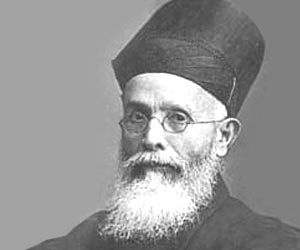
Dadabhai Naoroji
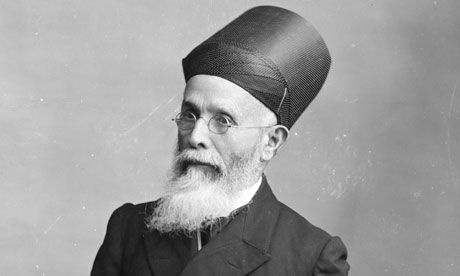
Dadabhai Naoroji
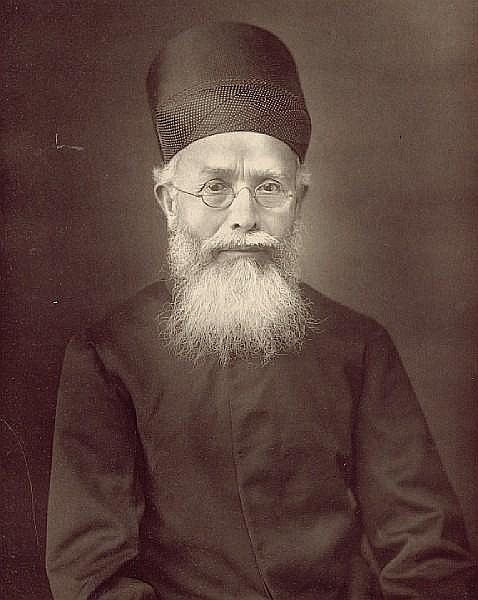
Dadabhai Naoroji
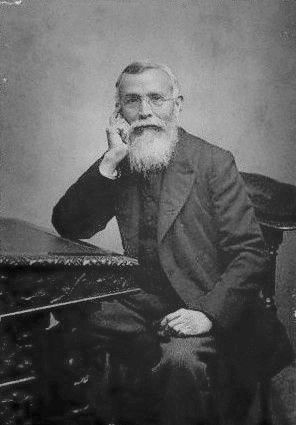
Dadabhai Naoroji
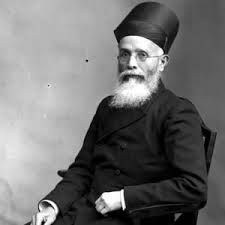
Dadabhai Naoroji
Dadabhai Naoroji
The number of Muslim delegates attending the Congress sessions between 1885 and 1905 amply suggest that they were not much interested in it Fluctuation in the numbers was due mostly to the convenience of the place where the session was held. Between 1885 and 1905 there were only two Muslim Presidents of the Congress, out of a total of 21. Badruddin Tyabji, Madras, 1887. M.R. Sayani, Calcutta 1896.
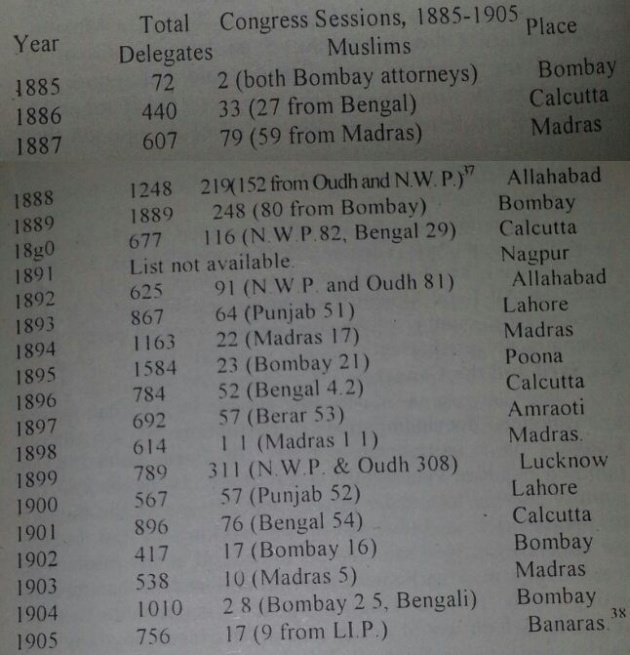
Mr. S.N. Banerjea says that the Muslim delegates were even given return fares Swami Shraddhananda furnishes an interesting account of the so-called Muslim delegates of the Lucknow Congress (1899)." The majority of Muslim delegates had donned gold, silver or silk-embroidered Chops over their ordinary coarse suits of wearing apparel. It was rumoured that these Chogas had been lent by Hindu moneyed men for the Congress Tamasha. Only 30 had come from outside; the rest belonged to Lucknow City. The majority were admitted free to delegates' board and lodging. Sir Syed Ahmed's anti-Congress League had tried in a public meeting to dissuade Muslims from joining the Congress as delegates. As a counter-move, the Congress people lighted the whole Congress camp some four nights before the Session began and advertised that ingress that night would he free. The result was that all Chandukhanas of Lucknow were emptied and a large audience of some 30,000 Hindus and Muslims was addressed from half a dozen platforms. It was there that the Muslim delegates were elected or selected. All this was admitted the Lucknow Con organizers to me in private.
The number of Muslims attending the Calcutta Congress in 1906 was not very encouraging, for out of 1,663 delegates only 45 were Muslims whom 24 were from Bengal. At this time. the All India Muslim League was established at Dacca, where a large number of Muslim leaders from all parts of the subcontinent were present.
So its all about the Early Muslim Organisation, Indian National Congress and Muslim Congress. In the next part I will tell You all about the Congress of Sir Syed. So stay tuned for my next blog. Hope You enjoyed this one. Allah Hafiz
To be continued...... 


